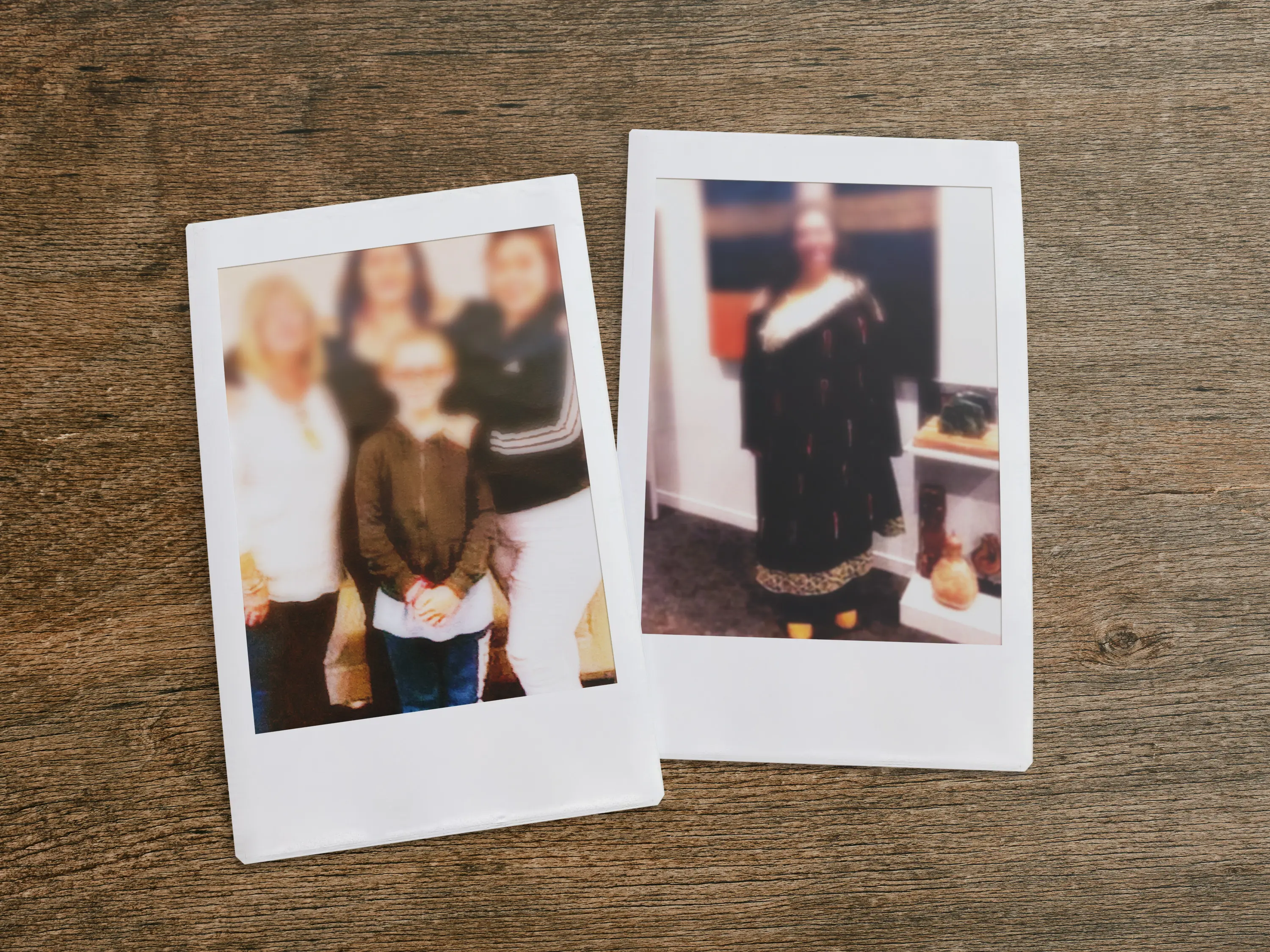Before Higher Ground, TJ’s life had collapsed.
Her home was raided, her tamariki (children) were removed, and she faced charges for manufacturing methamphetamine. “I found myself in jail,” she recalled, “and just realising how much I’d lost through my addiction . . . that was my moment. I need to do something different.”
Higher Ground was the first place to call her back. She entered treatment still carrying enormous trauma, unaware of “the depth of my addiction and the impact it had on those around me.”
Six weeks in, during a women’s process group focused on her inner child, everything shifted. “Talk to little TJ,” the facilitator said. Surrounded by wāhine (women) shouting, “You are loved. You are enough,” TJ broke down:
“I burst into tears . . . I felt that little girl who was sexually abused, who was in such a state of fear and abandonment . . . I just felt her . . . That was one of the moments” a breakthrough.
From there, the work intensified. Inventory books, parenting groups, letting go of old relationships, and facing deep fears. “If I took my own will back... it wouldn't be long before I was thrown back into where I was,” she said. Through every challenge, she held close the third step prayer: “Take my will and my life, guide me in recovery and show me how to live.”
Among the most meaningful items TJ brought to share were her graduation photo, her certificate, and a butterfly image sent by her daughter with the words,
“Proof that you can go through a great deal of darkness yet become something beautiful.”

She also held onto her original inventory book, where she could trace her own transformation: “From the beginning I was just like, yeah this is great . . . and then I started to write more around the difficulties . . . I’d never been able to articulate what I’d been feeling.” Her parenting workbook contained letters from her children, a tangible reminder of her “biggest why.” And the photo of her full whānau (family) today (her tamariki and three mokopuna (grandchildren)) tells the story of what recovery built.
TJ graduated knowing she would return to prison. “I did Higher Ground knowing that I was still going back to jail,” she said. “But that pushed me more to build that solid foundation.” She took her “little kete”—letters, photos, her Just for Today (12-step daily reading book)—into her cell. “I stayed clean . . . I found women who would gravitate toward me. I was different.” After 10 months in prison, the judge said, “You’re going to be going home with your family today.” She wept with gratitude.
“I was just like, how has this happened?” Her answer: “Because you did the work.”
Since release, TJ has reconnected with her mother, stayed active in narcotics anonymous, and now works as the lead support worker at Te Whare Taonga.
“I was a shell and now I’m whole . . . They want you to succeed. They want you to change your life.” To those beginning the journey at Higher Ground, she offers this:
“Get your head to the pillow... one day at a time.”

